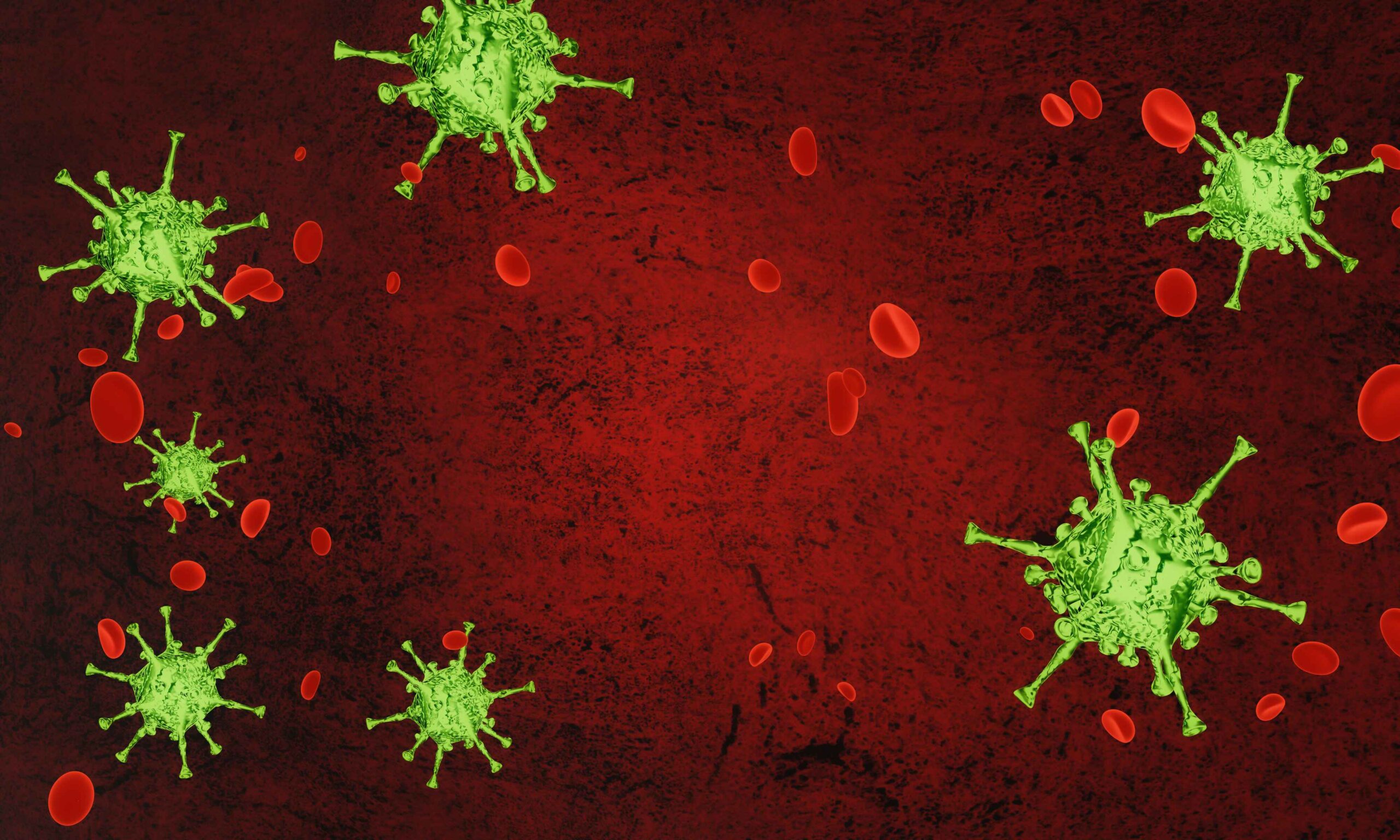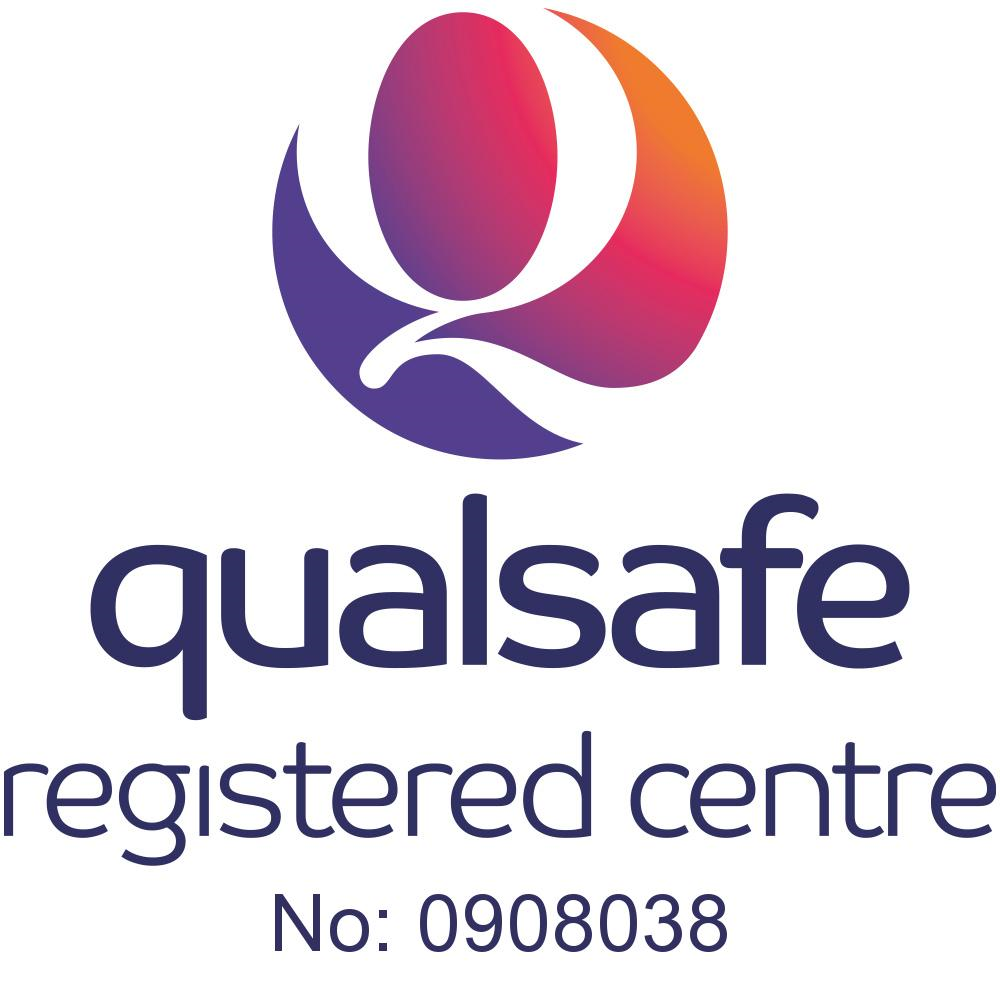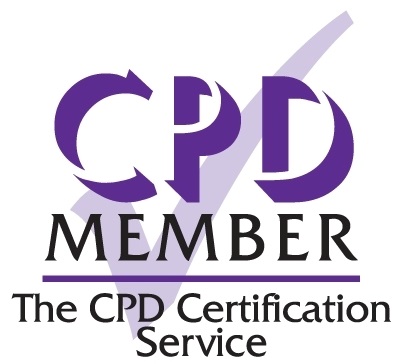Blood Borne Viruses
Learning Outcomes
- Describe what is meant by Blood-Borne Viruses (BBVs)
- Explain the characteristics, pathogenesis, and transmission of HIV-1 and HIV-2
- Explain the characteristics, pathogenesis, and transmission of Hepatitis B (HBV)
- Explain the characteristics, pathogenesis, and transmission of Hepatitis C (HCV)
- Identify the risk of infection in practice and outline the steps to take after exposure
- Describe a range of Sexually Transmitted Infections (STIs) and their impact in health and social care
Aim
By the end of this course, participants will have a solid foundation in understanding Blood-Borne Viruses (BBVs) and Sexually Transmitted Infections (STIs). The session explores the key types of BBVs, their modes of transmission, and the associated risks within healthcare and support settings. Learners will also be introduced to best practices for working safely, including safe sharps handling and how to support individuals affected by these infections.
Why Customers would Benefit from the Blood Borne Viruses Training Course?
The Blood-Borne Viruses (BBVs) Awareness Course is essential for professionals working in health and social care, especially those involved in clinical tasks, personal care, or sharps handling. This training equips staff with the knowledge needed to work safely around potential infection risks, understand key viruses such as HIV, Hepatitis B, and Hepatitis C, and take appropriate steps following exposure.
Whether you’re a frontline care worker, support staff, or clinical professional, this course promotes safer practice, legal compliance, and greater confidence in delivering infection-conscious care.

Key Benefits for Customers:
Improved Infection Awareness
Gain a clear understanding of what BBVs are, how they are transmitted, and why awareness is critical in reducing workplace risks.
Understanding of Major Viruses
Learn the causes, symptoms, and transmission routes of HIV, Hepatitis B, and Hepatitis C — essential knowledge for all health and social care staff.
Preparedness in the Event of Exposure
Know how to respond safely and efficiently if exposed to a potential BBV risk, including post-exposure protocols and reporting.
Increased Confidence When Supporting Individuals
Build confidence in supporting people living with BBVs or STIs, while maintaining a professional, respectful, and stigma-free approach.
Sharps Safety & Best Practices
Understand how to manage and dispose of sharps correctly to avoid accidental injury or contamination.
Relevance to CQC & Health and Safety Requirements
Supports compliance with CQC infection control standards, Health & Safety at Work Act, and infection prevention policies.
Applicable Across Multiple Roles
Useful for care assistants, nurses, cleaners, maintenance staff, and anyone potentially exposed to blood or bodily fluids in their role.
Let’s Talk About Your Training Needs
Our friendly team is ready to help you build the right training solution for your care setting.
Blood Borne Viruses
Course
Blood Borne Viruses
Level
2
Practical
No
Duration
2-3 Hours
Certificate Length
2 Years
Number of Delegates
12
What Our Customers Say About Us

Registered Manager
Residential Care Home

Domiciliary Care Provider
Residential Care Home


